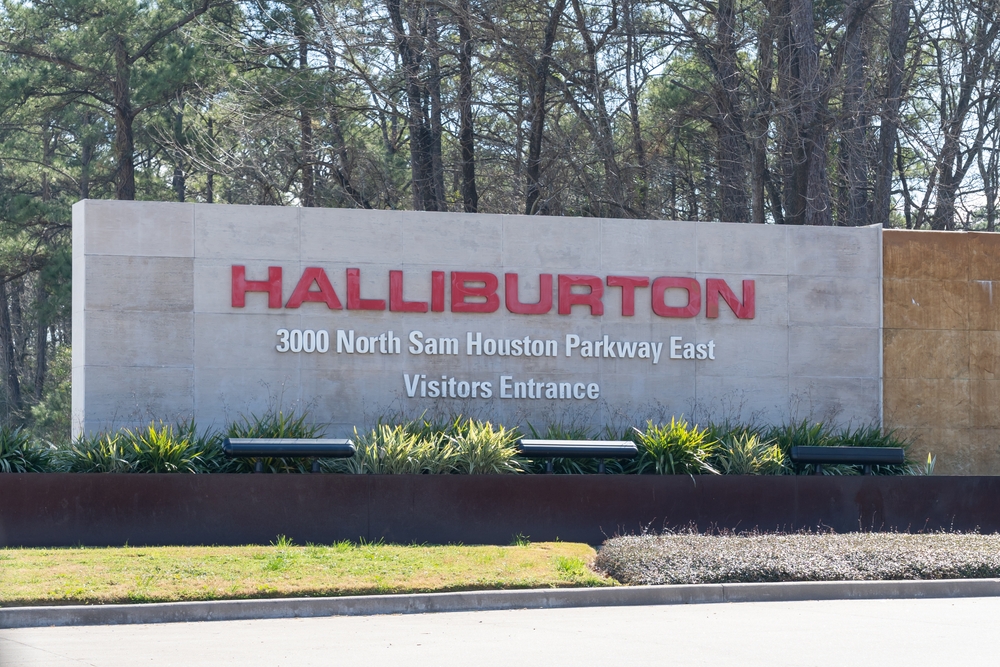
Halliburton Company (HAL), headquartered in Houston, Texas, is a global leader in the energy industry, dedicated to delivering innovative solutions and services to the oil and gas sector. With a market cap of $24.5 billion, the company focuses on driving operational efficiency and advancing technology to support energy production and resource development worldwide.
Companies with a market cap of $10 billion or more are classified as “large-cap stocks,” Halliburton fits this category. The company supports the global oil and gas industry with comprehensive services and cutting-edge solutions, enabling efficient energy production and resource development. With a focus on long-term value, environmental responsibility, and operational efficiency, Halliburton plays a critical role in powering economies and advancing the future of energy.
Shares of this leading oil & gas equipment and services provider have fallen 34.6% from their 52-week high of $41.56, hit on Apr. 8. The stock is down 7.2% over the past three months, significantly underperforming the broader Nasdaq Composite’s ($NASX) 14.1% gain during the same time frame.
Over the long term, HAL has dropped 24.8% on a YTD basis and slipped 24.1% over the past 52 weeks. In contrast, the NASX has surged by 34% in 2024 and 35.7% over the past year.
Signaling a bearish trend, Since April, HAL has remained below its 50-day moving average with a few fluctuations and consistently trading beneath its 200-day moving average.
On Dec. 17, Halliburton fell over 2%, pressured by a decline in WTI crude oil prices that weighed on the energy sector. Earlier, on Nov. 7, the company reported its Q3 earnings, and the stock dipped 3.1%. Adjusted EPS came in at $0.73, missing consensus estimates of $0.75 and reflecting a 7.6% year-over-year decline. Revenue was reported at $5.7 billion, below expectations of $5.83 billion, representing a 1.8% year-over-year decline.
Highlighting the contrast in performance, HAL's competitor, Schlumberger Limited (SLB), has underperformed both the stock and the broader index. SLB has declined 25.2% on a YTD basis.
Despite its recent underperformance, Wall Street analysts remain optimistic about HAL's prospects. Of the 23 analysts covering the stock, the consensus rating is “Strong Buy.” It has a mean price target of $38.77, indicating a potential upside of 42.6% from its current level.







